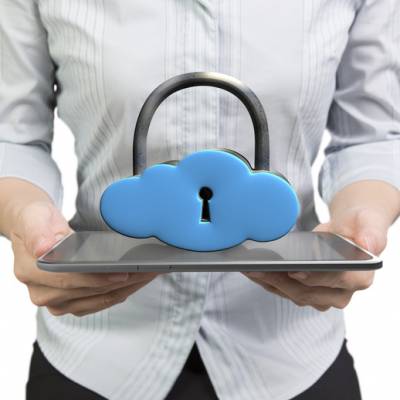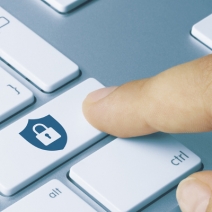Macro Systems Blog
In our modern era, every company relies on some type of software in order to function, so you need to ensure that this software is correctly managed in order to maintain operations. While this may sound like a lot of work, software management is rather simple and can be trimmed down into three steps: leveraging the available assets, testing your strategies, and comprehending what it is you have.
Social media may be a great way to connect with other professionals and communicate with your friends, but it can be dangerous if you have poor posting habits. Before you share something, think twice about whether it contains any sensitive information that could be risky to yourself and your business.
When was the last time that you ran into a problem that was easily solvable, simply by restarting your computer or unplugging a device from the wall, then plugging it back in? Often times, simple troubleshooting tactics can be enough to resolve a problem, but more often than not, there are issues that can’t be easily resolved. It’s these ones that hold businesses back, and we’re here to help.
Every budget-minded business owner is always on the lookout for deals, especially when it comes to technology. The quest to save money might cause one to consider buying used computer equipment, which could work out great, or it could be disastrous, depending on a multitude of factors. If you’re serious about purchasing used computer equipment, then take into consideration these four tips.
The Internal Revenue Service is one organization that you don’t want to mess with. Thanks to their antics filing fraudulent tax returns through the often-exploited Get Transcript site managed by the IRS, Anthony and Sonia Alika have to do some time in the slammer; and that’s not even mentioning what they have to pay the IRS in restitution.
We think that it’s safe to say that nobody enjoys their inbox receiving incredulous amounts of emails on a regular basis. Yet, the business owner must maintain their inbox every day, and if a message doesn’t strike them as important, they’ll probably either ignore it or delete it completely. Here’s how you can prevent this from happening.
Welp, we’re all doomed. It turns out that sitting all day at your desk is one of the worst things you can do for your health. Alternatively, numerous studies have shown the health benefits of trading your traditional desk in for a standing desk. One study even goes so far as to claim that standing at work is the best anti-aging technique you can do!
You certainly don’t need anyone to tell you that it’s very dangerous to give out information to just anyone that contacts your organization. This is imperative to keep in mind, especially considering how the majority of threats these days can be sent through email. You’ll probably come across situations where you need to consider whether or not to click on attachments, as you could potentially put your business at risk.
Passwords are unavoidable these days, whether they’re required to access an online account, or access the devices utilized to open these accounts. While both types of passwords can make for ideal security conditions, this is only the case if the passwords are strong; if your passwords can be accurately guessed by someone else, can you really label it as a security measure? New research from SplashData reveal that passwords are not being considered as much as they should be.
Of course the iTunes and Google Play stores have made efforts to ensure that users can securely browse their app stores, but it’s unlikely that they can find every single malicious app out there before it taints someone’s device. Consequently, you must consider the following measures to ensure that you don’t put your company in peril by downloading unsecure apps.
Each worker within an organization is delegated some sort of responsibility based on their role. Managers are responsible for managing, while human resources keep all workers accountable for their responsibilities. Yet, there are multiple responsibilities designated to all employees who use technology for their everyday duties.
Do you let your employees bring their own devices in for use on your company network or Wi-Fi connection? If so, we’re sure that they love the freedom that you provide for them, but we must warn you of the dangers that this can bring to an otherwise careful business. We’ll discuss some of the benefits, as well as the pitfalls, of allowing your employees to use personal devices in the workplace.
With the surge in the number of small and medium businesses that have fallen prey to malware and cyber criminals, there is a lot of focus of what an organization can do to prevent being a victim and how the company should handle themselves after an attack. There is another key factor to preventing cyber criminals from penetrating into your network: your employees.
Here’s something that you might have noticed about opening Windows applications on your desktop; by default, they will generally open in a smaller window, giving you the ability to customize their size as you see fit. If you want a full size Window, it’s as easy as clicking on the maximize button in the top-right corner, but what if you didn’t want to go through this every time you open the app? There’s a solution for this, and we’ll help you find it.























